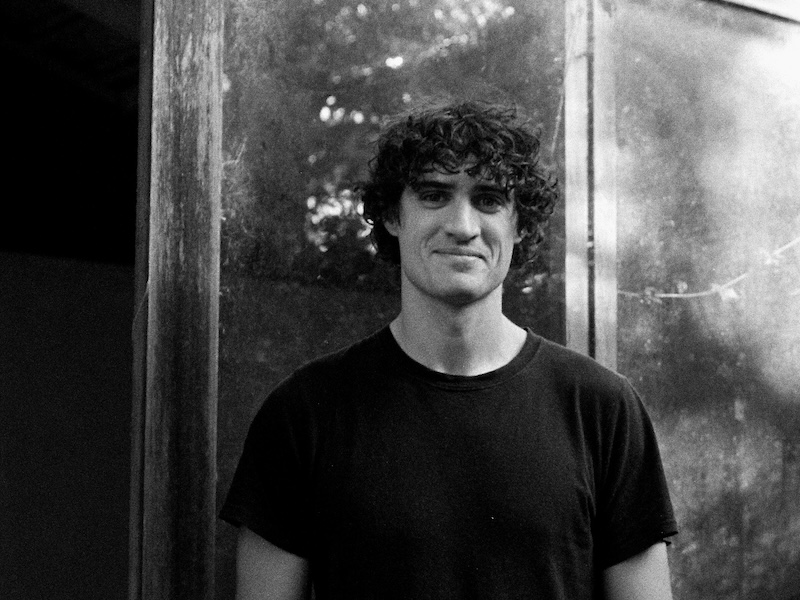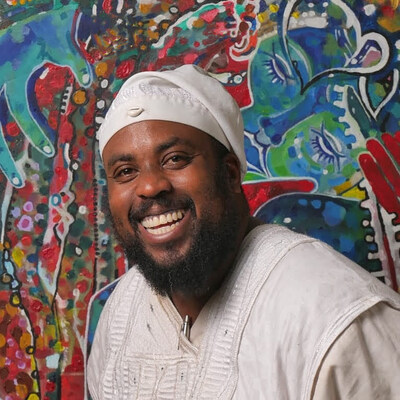The Perioperative Mortality Review Committee has released
two new tools today, examining the safety of surgery in
Aotearoa New Zealand and giving health care professionals
access to highly detailed information about surgical
outcomes.
The perioperative mortality explorer is an
interactive dashboard, which gives health professionals and
researchers access to detailed data about surgical outcomes.
It can be used to compare populations (for example, by
district, age group and ethnicity) to understand the reasons
people may die after surgery.
A specific equity
section highlights differences in mortality rates for
different groups.
Dr Dick Ongley, anaesthetist and
chair of the Perioperative Mortality Review Committee, says
it is exciting for clinicians to have access to this
data.
‘We hope that by improving access to the
information we publish, it will lead to better surgical
outcomes for people across the country.’
Alongside
the explorer, the Perioperative Mortality Review Committee
has released in-depth information for the public about
undergoing surgery in Aotearoa New Zealand. Presented as an
infographic (and an accessible text version), it summarises
information about surgeries completed in 2021, including the
biggest risk factors, and covers surgery planned in advance
(elective) and emergency surgery. Health care professionals
can use the infographic to reassure patients about the
safety of their upcoming surgery.
Dr Ongley says there
are benefits and risks to every surgery, but our data
confirms that having surgery in Aotearoa New Zealand is as
safe as having surgery in countries like Australia, the
United Kingdom and the United States of America.
There
are slightly higher rates of death for older people, males
who undergo emergency surgery and for Māori and Pacific
peoples.
The reasons behind why Māori and Pacific
peoples experience inequities are varied and complex, but
include things such as access to best-practice care,
socioeconomic deprivation and underlying health
conditions.
‘Our goal is to give clinicians access
to more information about what is happening in their region,
which they can use to make changes or set up quality
improvement initiatives to improve surgical outcomes and
reduce inequities.’
The infographic and dashboard
will be updated annually and there are plans to add an
automated surveillance function in 2023.
‘The
increased surveillance will allow us to identify and act on
emerging issues, to prevent unnecessary deaths from surgery
and keep our patients safe,’ says Dr Ongley.
The
Perioperative Mortality Review Committee reviews deaths
related to surgery and anaesthesia that occur within 30 days
of an operation. It makes recommendations about areas of
care that can be more closely examined to make surgery safer
for patients.
For more information please see the frequently
asked questions on our website.
Hei tā ngā
raraunga hou he whenua haumaru a Aotearoa mō te
hāparapara
Kua puta i te Komiti Arotake Matenga ngā
taputapu hou e rua, e tirotiro ana i te haumaru o te
hāparapara i Aotearoa me te tuku ki ngā mātanga tauwhiro
hauora i tētahi huarahi ki ētahi mōhiohio tino āmiki mō
ngā putanga hāparapara.
Ko te Tūhura [1]
he papatohu pāhekoheko e whai huarahi ai ngā mātanga
hauora me ngā kairangahau ki ngā raraunga mō ngā putanga
hāparapara. Ka meatia te papatohu hei whakataurite i ngā
taupori (arā, mā te takiwā, te pakeke me te iwi) kia
mārama ai nā te aha ngā tāngata i mate ai whaimuri i te
hāparapara.
He wāhanga mana taurite anō hei kite i
ngā rerekētanga i ngā tatau matenga o tēnā momo rōpū
me tēnā momo rōpū.
E mea mai ana a Tākuta Dick
Ongley, he rata whakarehu, te heamana o te Kōmiti Arotake
Matenga, he tino hiamo te whai wāhi a ngā mātanga ki
tēnei raraunga.
‘E tūmanako ana mātou mā te
whakapai ake i te whai wāhi nei ki te raraunga ka tāngia e
mātou ka pai ake ngā putanga hāparapara mā ngā tāngata
katoa puta noa i te motu.’
I te taha o Tūhura kua
tukua e te Komiti Arotake Mate he mōhiohio hōhonu mā te
iwi mō te hāparapara i Aotearoa. Ka whakaaturia nei hei
pārongo whakairoiro (hei tuhituhi hoki) e whakarāpopoto
ana i ngā mōhiohio mō ngā hāparapara i oti te mahi i te
tau 2021, tae atu ki ngā āhuatanga tūraru, ngā kōrero
hoki mō ngā hāparapara kua whakarite wawetia me ngā
hāparapara ohotata. Ka taea e ngā mātanga hauora te
pārongo whakairoiro te whakamahi kia whakaahurua ngā
tūroro mō te haumarutanga o ā rātou hāparapara e heke
mai ana.
Ka mea mai a Tākuta Ongley, he hua, he
tūraru ki tēnā hāparapara ki tēnā hāparapara, engari
hei tā ā mātou raraunga he rite tonu te haumaru o te
hāparapara i Aotearoa ki te hāparapara ki ngā whenua
pērā i a Ahitereiria, a Peretānia me Amerika.
He
paku nui atu te tatau o ngā mate mō ngā kaumātua, mō
ngā tāne e mahi i te hāparapara ohotata, mō te iwi
Māori me te iwi Pasifika.
Ko ngā take e wheako ana
te iwi Māori me te iwi Pasifika i te manarite-kore, he take
rerekē, he take matahuhua, pērā i te āheinga kia whiwhi
i te tauwhiro hauora tino pai rawa atu, te pakukore ohapori
me ngā momo mate.
‘Ko tā mātou whāinga kia tino
whai wāhi ngā mātanga ki ngā mōhiohio mō ngā momo
kaupapa e whakahaeretia ana i ō rātou rohe, mā konei ka
taea te whakamahi hei whakarerekē i ngā mahi, hei
whakarite rānei i ngā kaupapa whakapai kounga hei
whakapiki i ngā putanga hāparapara me te whakaiti i ngā
manarite-kore.’
Ka whakahoungia te pārongo
whakairoiro me te papatohu i ia te tau, i ia te tau, ā, he
whakaaro hoki kia tāpirihia he āheinga mātai auroa i
tērā tau 2023.
‘Mā te pikinga o te mātaitanga ka
tautohu me te urupare atu ki ngā take ka puea ake mai, ka
mutu, ka aukati i ngā matenga kore noa iho mai i te
hāparapara kia noho haumaru hoki ā mātou tūroro,’ ko
tā tākuta Ongley.
Ka arotakengia e te Komiti Arotake
Matenga ngā matenga ā-hāparapara, ā-rehunga hoki i puta
mai nō roto i ngā rā 30 o tētahi hāparapara. Ka meatia
e te Komiti he whakatau mō ngā wāhanga tauwhiro e taea ai
te āta tirotiro kia haumaru ake ai te hāparapara mā ngā
tūroro.
Mō ētahi atu mōhiohio tirohia ngā pātai
ka auau te pātai i tō mātou pae ipurangi.
[1]
Tūhura means to explore in this release refers to the
perioperative mortality
explorer.
© Scoop Media




















Discussion about this post